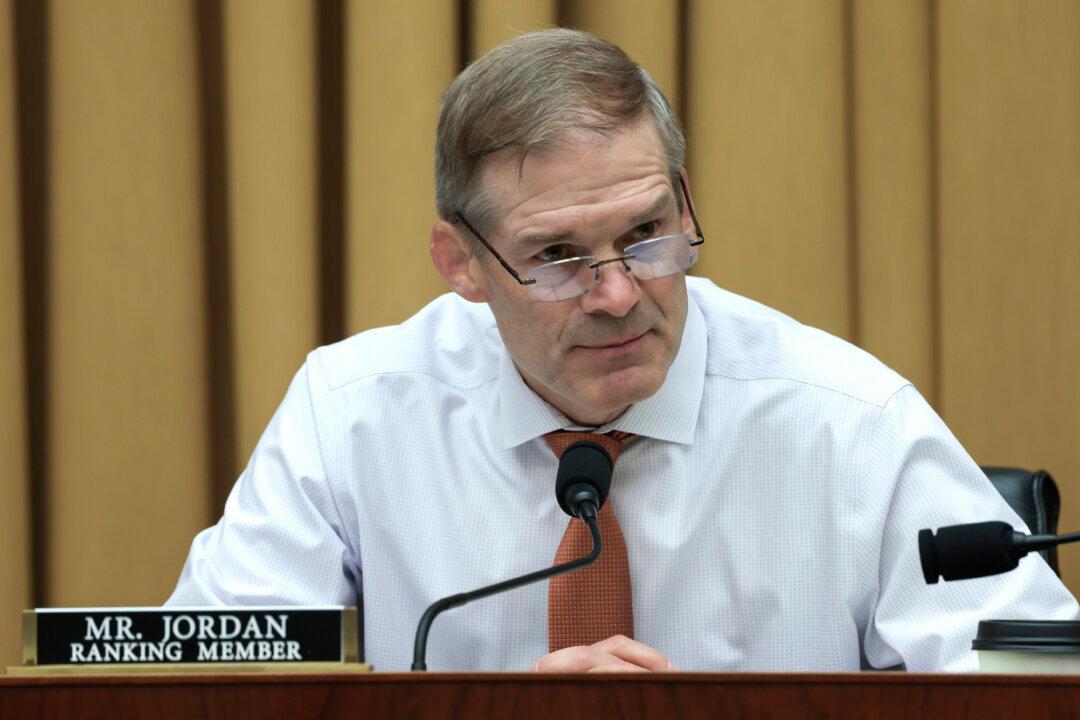Republicans on Feb. 9 held the first hearing of the House Select Subcommittee on the Weaponization of the Federal Government.
The committee is under the wing of the important Judiciary Committee, led by Rep. Jim Jordan (R-Ohio).

Republicans on Feb. 9 held the first hearing of the House Select Subcommittee on the Weaponization of the Federal Government.
The committee is under the wing of the important Judiciary Committee, led by Rep. Jim Jordan (R-Ohio).